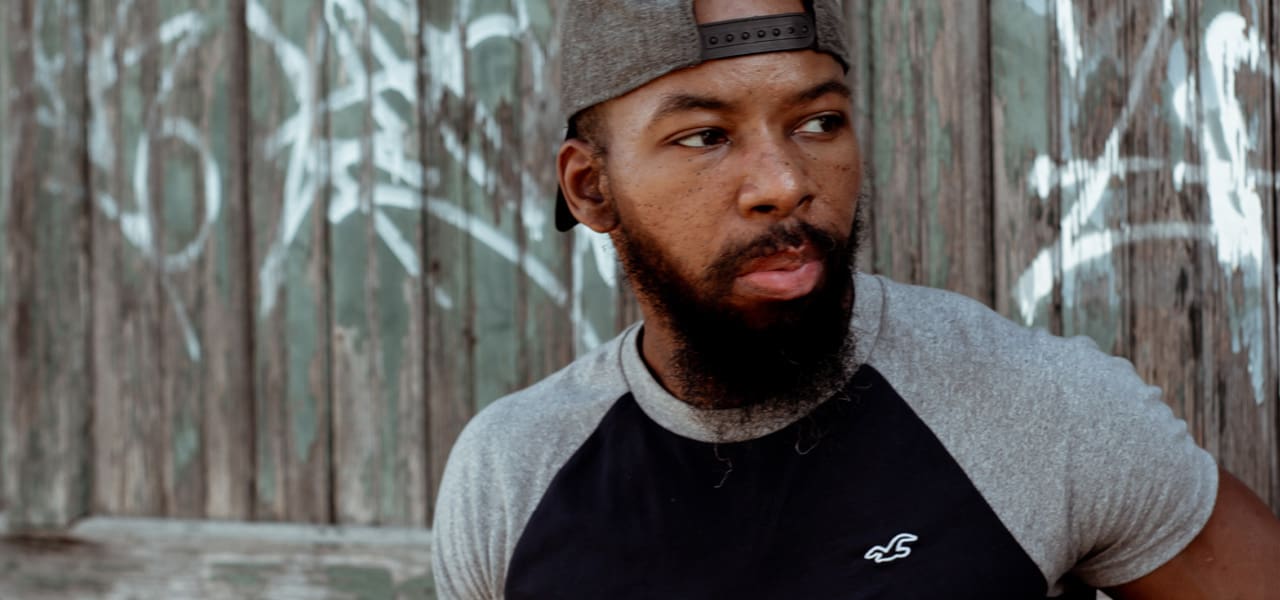 “I drank too much the other night, that won’t happen again!” “I just need one more hit. I’m fine!” You may have often heard people you care about say these phrases and not think twice about them- until recently. Perhaps, there have been changes in their behaviour that have you concerned.
“I drank too much the other night, that won’t happen again!” “I just need one more hit. I’m fine!” You may have often heard people you care about say these phrases and not think twice about them- until recently. Perhaps, there have been changes in their behaviour that have you concerned.
Changes in behaviour can be a sign of mental illness or addiction. Unfortunately, many people don’t understand what addiction is or how it develops. Addiction is not something that happens overnight. It’s not something you decide to try as you would decide to try Starbuck’s latest Frappuccino.
The World Health Organization (WHO) states that addiction and mental illness affects approximately 10% of the population at any point in time. WHO also reveals that one in four families has at least one member currently struggling with addiction or mental illness. Addiction has no boundaries.
At Bellwood, we’ve seen all walks of life enter our doors and all of them share the same disease. Many of them have lost, or are on the brink of losing so much because their drinking or substance use has spiraled out of control. How do you define addiction? How do you know if someone’s drinking or drug abuse has become a larger problem than previously believed?
Addiction is the inability to stop using a substance despite the negative consequences experienced. People have many different reasons why they become addicted but there is one thing they do share in common. That is the desire to change the way they feel or in some cases, numb the pain. The feelings they get from using alcohol or drugs are what can lead to substance abuse and eventually result in physical and psychological dependence.
Individuals struggling with addiction may:
- Experience physical or psychological withdrawal when he or she tries to stop drinking or using drugs
- Be unable to control how much he or she consumes
- Continue to drink or use drugs despite experiencing consequences at work, physically and/ or in relationships with other people
Other common characteristics of addiction include disconnection and isolation. Trauma or previous experiences in a person’s life may have been the reason why the person turned to substances to medicate unpleasant emotions. As a person plummets deeper into the disease of addiction, isolation becomes more apparent.
Do these behaviours sound familiar? If you’re concerned about a loved one’s drug or alcohol use, or perhaps it is yourself that you’re concerned about, responses to these questions may indicate that you need to talk to an addiction counsellor.
- Do you ever get drunk or high alone?
- Has drinking or using drugs stopped being enjoyable?
- Do you find that your choices of friends are selected based on your alcohol/ drug use?
- Do you drink or use drugs to cope with your feelings?
- Is it difficult for you to imagine a life without drinking alcohol or using drugs?
- Do you plan your life around your use of drugs or alcohol?
- Do you drink or use drugs to avoid dealing with the problems in your life?
- Are you ever not completely honest about your use of drugs or alcohol?
- Have relatives or friends every complained that your use of drugs or alcohol is damaging your relationship with them?
- Has your use of drugs or alcohol caused problems with motivation, concentration, memory, and relationships, at work or with your health?
- Have you failed to keep promises you made about cutting down or controlling your use of drugs?
- Do you feel anxious or concerned about how to obtain more drugs or alcoholic beverages when your supply is near empty?
Addiction is a disease that affects many people and is often described as a family disease. It’s important that you consult with a professional to get a better understanding of what’s happening with your family member or with someone you care about. Bellwood Health Services is an addiction treatment centre that provides support and treatment options for individuals, family members and employers.
Talking to someone is an important step towards addiction recovery. Give us a call at 1-800-387-6198 or email us at [email protected] to learn how we can get you started on your path of recovery.


